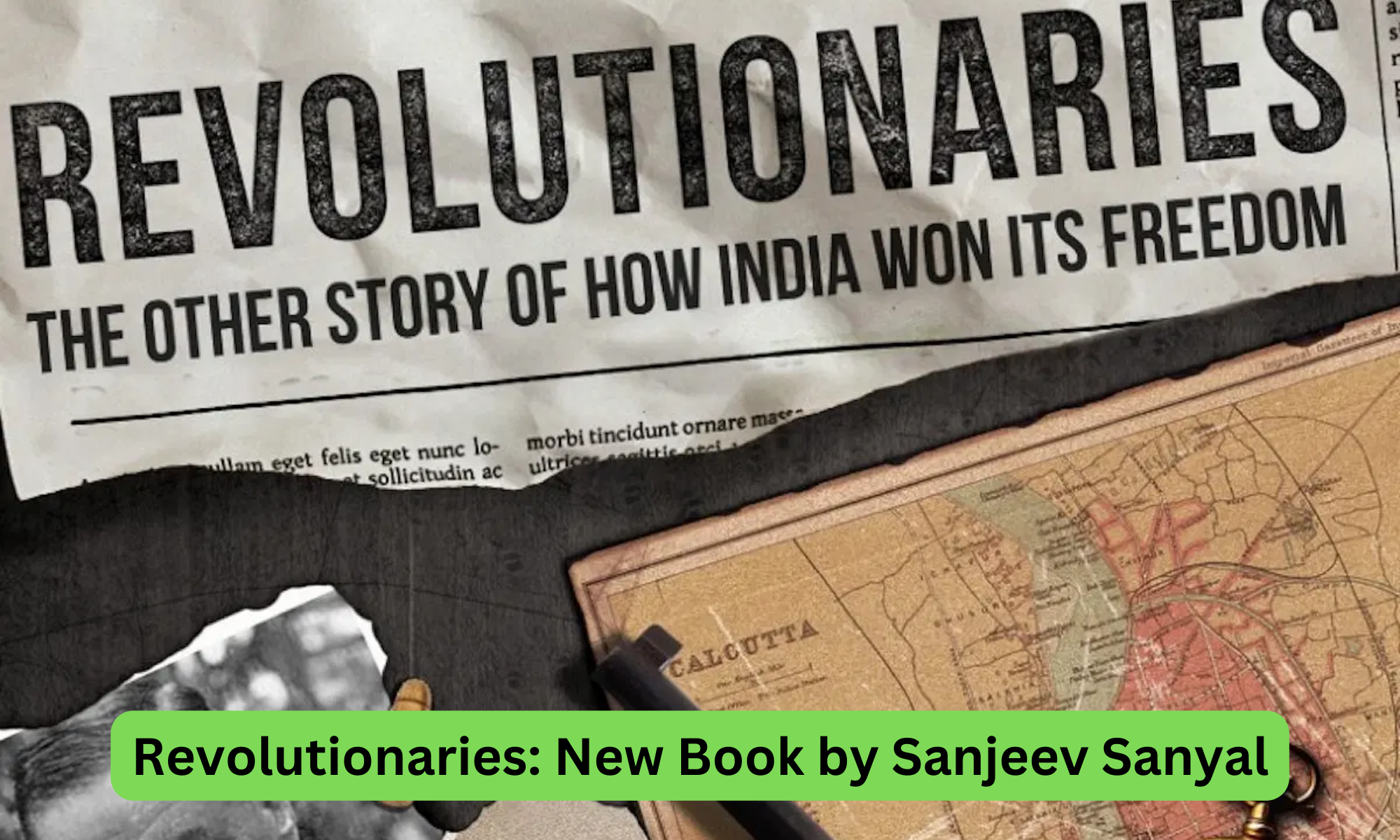Revolutionaries: New Book by Sanjeev Sanyal
There are numerous viewpoints on history, and a lot of them are influenced by the author and his or her ideological goals. The more distorted a perspective is as the accepted version of history, the longer it holds sway.
Buy Prime Test Series for all Banking, SSC, Insurance & other exams
Sanjeev Sanyal’s Book ‘Revolutionaries’: Key Points
- The history that has been forced on Indians, who have lived under British colonial authority for more than 200 years and have been subject to constant outside aggression since the 11th century, is also not their own.
- Herein lies the significance of Sanjeev Sanyal, an economist and banker by trade, who wrote The Ocean of Churn to refute the widely held belief that the seas played a little role in Indian history.
- There were undoubtedly many other aspects to the Indian freedom movement, but the one that emphasises that it was predominately non-violent and that Mahatma Gandhi and Jawaharlal Nehru, among others, provided the leadership, continues to be the dominant one.
- The revolutionaries who played a crucial role in the movement and whose courageous and violent actions of opposition to British authority made our colonial overlords realise that they could not control us indefinitely are simply mentioned in passing.
He reveals colonial and post-colonial biases in our historical works by drawing on evidence from genetics, archaeology, and popular cultures. The post-colonial prejudices placed Delhi as the centre of the universe, while the colonial biases overemphasised the significance of the West in Indian history.
This explains why, despite the Satavahanas being considerably more powerful kings, we know more about the Lodis. It must be emphasised at this point that Sanyal’s arguments are compelling on both sides of the ideological spectrum.
Revolutionaries by Sanjeev Sanyal: About the Book
Sanyal tells stories really well. His book highlights the human side of these revolutions through tales and other nuances rather than being merely dry history. They are not merely cardboard cutouts thrown into a rewritten history of our quest for freedom.
The revolutionary aspect of our freedom movement has been minimized in current history in two ways: first, by making them minor footnotes in a mostly nonviolent mainstream conflict. The alternative is to reduce them to idealistic characters who have no plan other than to engage in occasional acts of bravery.
Find More Books and Authors Here




 Which Country is the Largest Producer of...
Which Country is the Largest Producer of...
 Which Country is the Largest Olives Prod...
Which Country is the Largest Olives Prod...
 President Droupadi Murmu Launches 4 Majo...
President Droupadi Murmu Launches 4 Majo...








